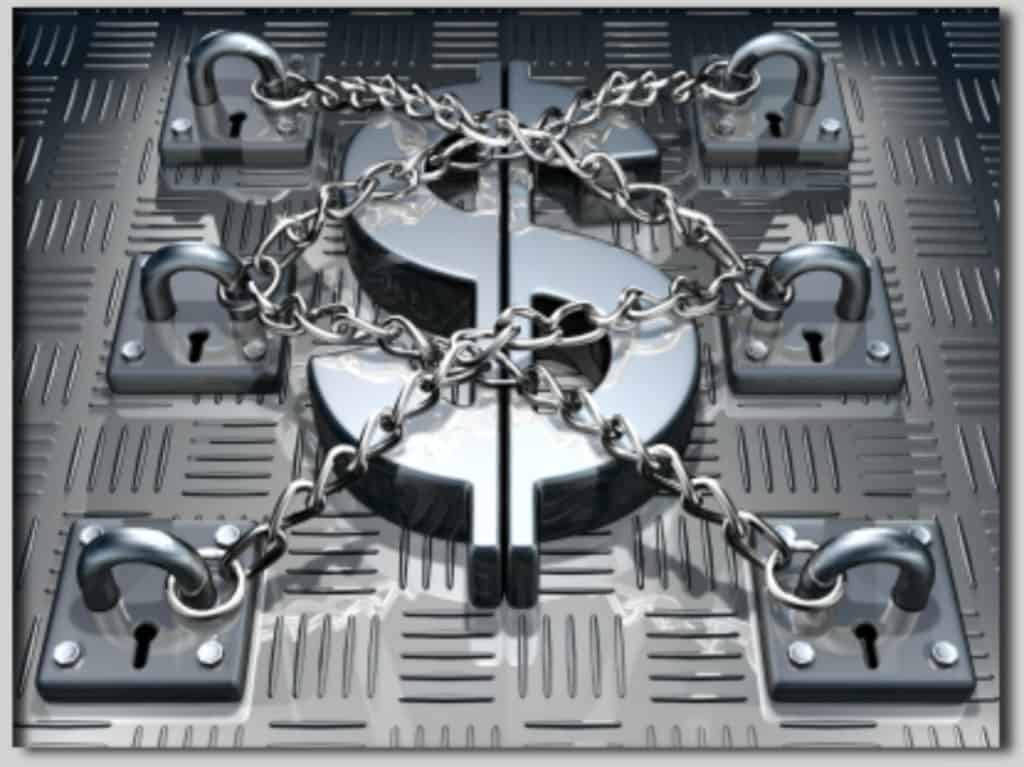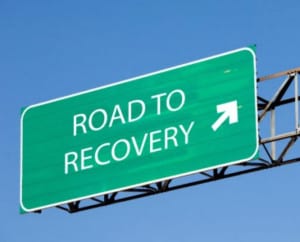
Online bankruptcy search: Introduction
This blog is about the Canadian government’s plan to update its online bankruptcy search function. It is an update to our November 15, 2017 Brandon’s Blog titled: “BANKRUPTCY FILINGS FREE PUBLIC RECORDS: WILL FREE SEARCHES TURN YOU INTO A PERSONAL BANKRUPTCY RECORDS SLEUTH FOR THE TRUTH”.
As you can imagine, I have a schedule for creating Brandon’s Blog. I created the above-mentioned blog and related video on the Office of the Superintendent of Bankruptcy (OSB) insolvency records search renewal (IRS) program and posted it for publishing on November 15. After doing so, the OSB published an update on its IRS program. The purpose of this blog is to give you the updated information.
The OSB November 2017 update offers more information about the IRS post it published in August 2017.
Online bankruptcy search: Updating the technology
The OSB has stated that its updated IRS system will consist of modern-day safeguards. The new IRS will secure the private information of people or companies who have either filed or become bankrupt or who have filed a consumer proposal or Division I proposal.
Online bankruptcy search: The legislative need
Under the Bankruptcy and Insolvency Act (BIA), the Superintendent of Bankruptcy is required to keep and make available a public document of all personal and corporate bankruptcies and proposals. The public document, includes the names of the insolvent debtors given statutory stay of proceedings from the commitment to pay their financial debts.
This record consists of vital information needed to administer the bankruptcy system. It is also important for the running of an efficient and well-functioning Canadian marketplace.
Online bankruptcy search: The purpose of the current system
The current Bankruptcy and Insolvency Records Search data source offers Canadians with access to search the public database for specific people or companies that have submitted a (consumer) proposal or bankruptcy, as the case may be. It is also for creditors to see if any party applying for credit are in an insolvency proceeding.
Online bankruptcy search: Uses of the current system
The OSB’s database allows for searches for:
- creditors to take necessary activity with respect to specific insolvency filings;
- insolvent debtors, either an individual or Directors of a company, to acquire information about their bankruptcy or proposal;
- Licensed Insolvency Trustees (LIT) to properly administer insolvency estates;
- people and companies making informed credit choices on people or organizations applying for loans or trade credit.
Online bankruptcy search: How many times a year is the current system searched?
Each year the current database, (which has a cost of $8 each search for public users), is searched about 800,000 times by individual Canadians, including LITs (for whom there is no charge). Any member of the public who pays the charge could browse the government insolvency records. The present system does not limit access in any other way.
Online bankruptcy search: The proposed new IRS
The OSB will be changing the current system. It is outdated by today’s privacy standards. The OSB will create a new IRS. While still attending to the legislative needs to give access to a public document of bankruptcies, it will substantially make individual information of debtors more secure.
As compared to the old system, the IRS will consist of many steps developed to particularly restrict the disclosure and use of the individual’s details of the debtors who file for an insolvency proceeding.

Online bankruptcy search: New IRS protections
Examples of the brand-new protections which are not available in the current system, to shield disclosure of individual information, are:
- Individual information entered will just be confirmed, not offered in a search result.
- Searchers will need to recognize the first, last name, as well as date of birth of a debtor. This is required to get verification of an individual in bankruptcy or who has filed a (consumer) proposal.
- The new system will no longer supply access to bankrupts’ documents that do not match the search requirements. The new IRS will be search specific, and not providing a complete list of names matching search criteria.
- For every right search, a decreased measure of individual information will certainly be returned in the public search results page. Home addresses and complete postal codes will no longer be included in search results.
- The public document search retention will be lower. The duration for the storage of details will be 10 years post-discharge.
- The new system will consist of innovations designed to decrease the possibility for unexpected uses of the information. For example, machine-based searches.
Online bankruptcy search: Meeting the needs of LITs
The OSB has talked to the Canadian Association of Insolvency and Restructuring Professionals (CAIRP) as part of developing the IRS. The OSB has dealt with comments received thus far. The IRS layout will certainly make best use of technology to protect personal information. The new system will fulfill the specific needs of LITs, in meeting their insolvency estate management and legal requirements.
It must be kept in mind that the OSB has no plan to remove the $8 charge from the current system before its being retired. The first introduction of the fee was designed exclusively to sustain the OSB’s operating expenses in developing and keeping the existing system.
The new IRS will consist of many measures to appropriately reduce disclosure and increase the defense of personal information of debtors. The OSB says that it has no proof that a service charge with the brand-new IRS would better safeguard debtor information against improper use.
Online bankruptcy search: This IRS won’t chase you for money!
As a result, the OSB says it will look at and suggest getting rid of the historic governing arrangement which permitted the charging of a cost to get access to the public record. The OSB states that this will align with Treasury Board Policy. That is why this IRS, is not planning to ever chase you for money!
Online bankruptcy search: What to do if you think you might need an insolvency process
Are you or your company insolvent and in need of restructuring? Are you scared to become another entry in an online bankruptcy search? If so, the worst thing you can do is procrastinate and not take positive steps to remedy your situation. Contact the Ira Smith Trustee & Receiver Team. If we meet with you early on, we can create a restructuring and turnaround strategy designed specifically for you.





